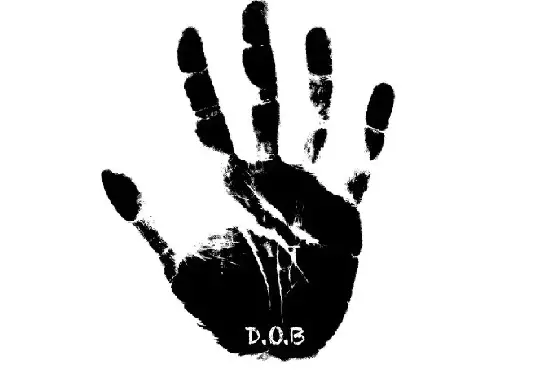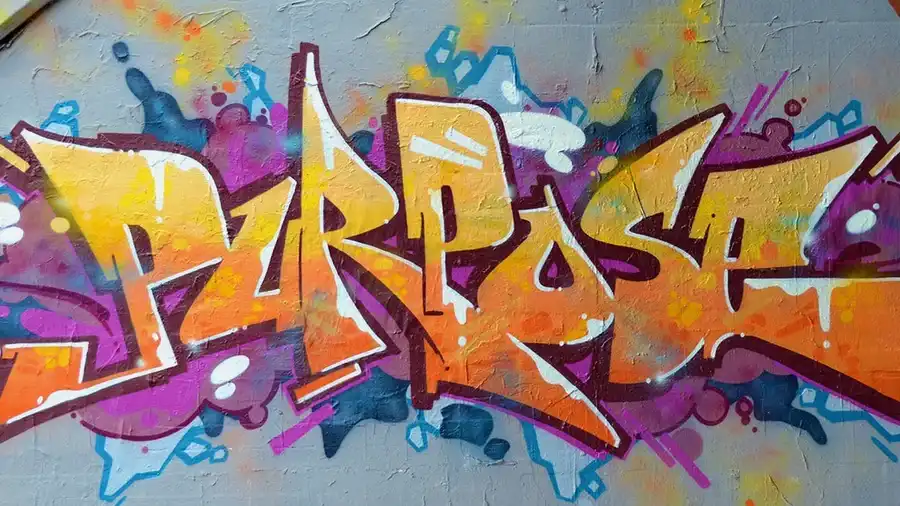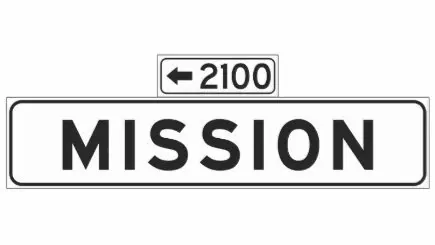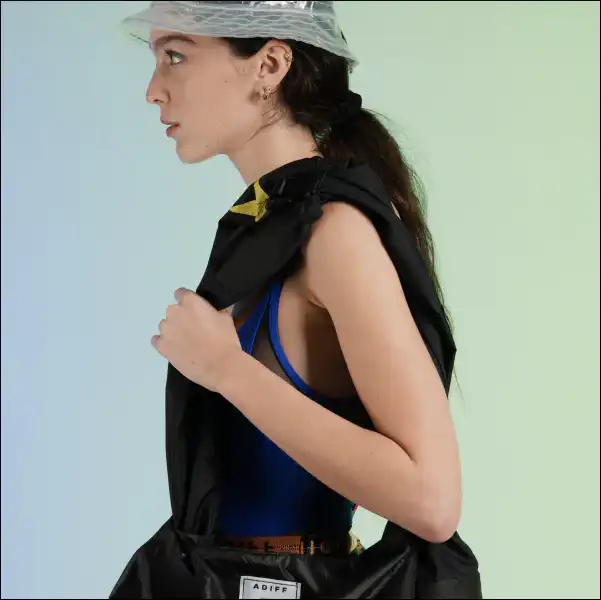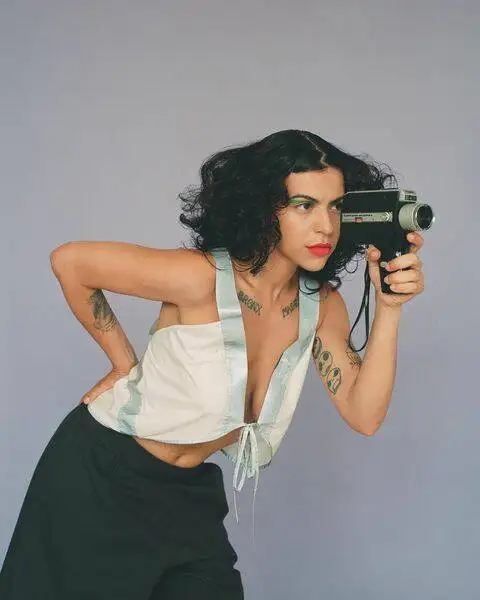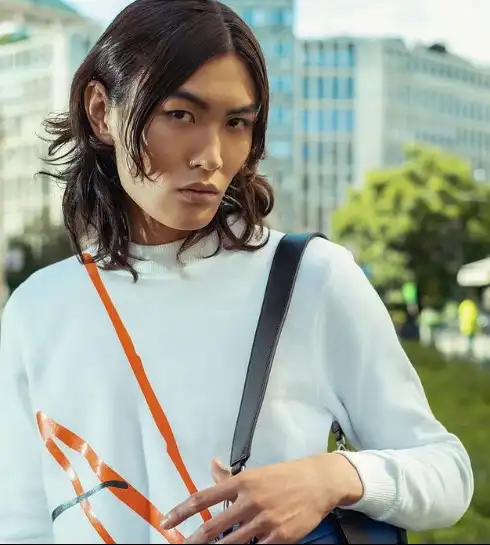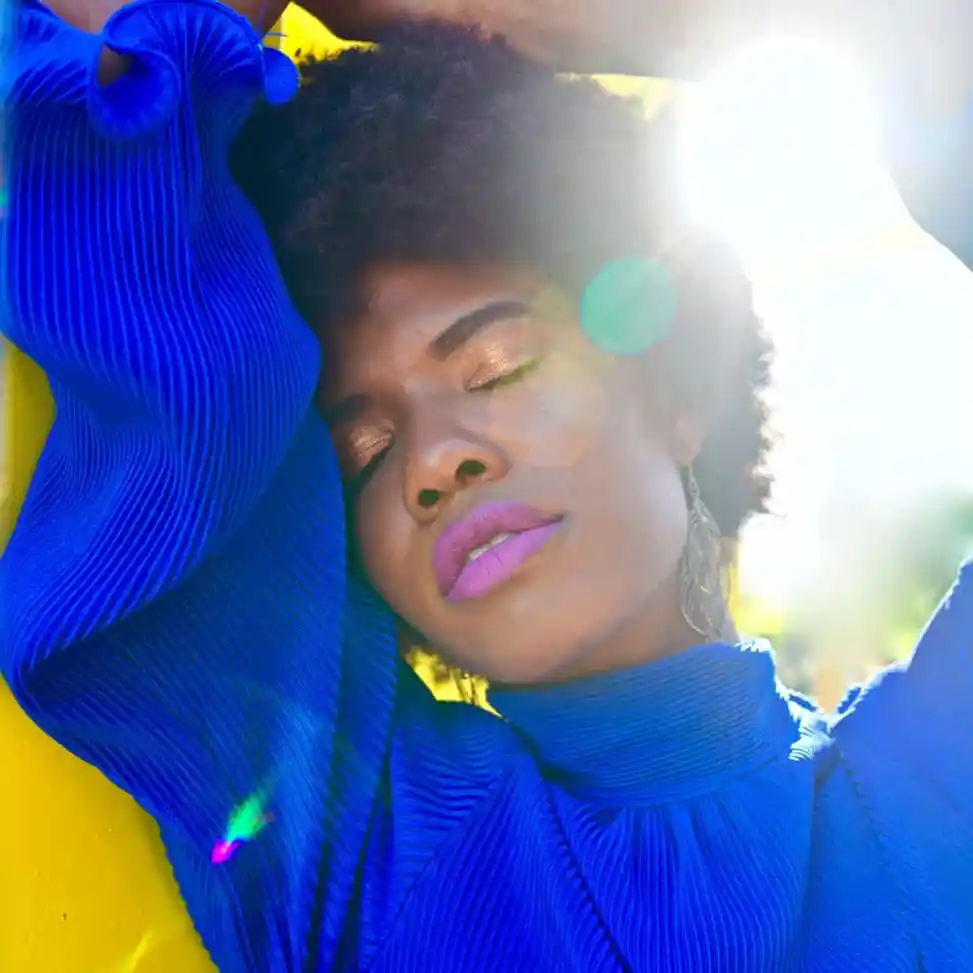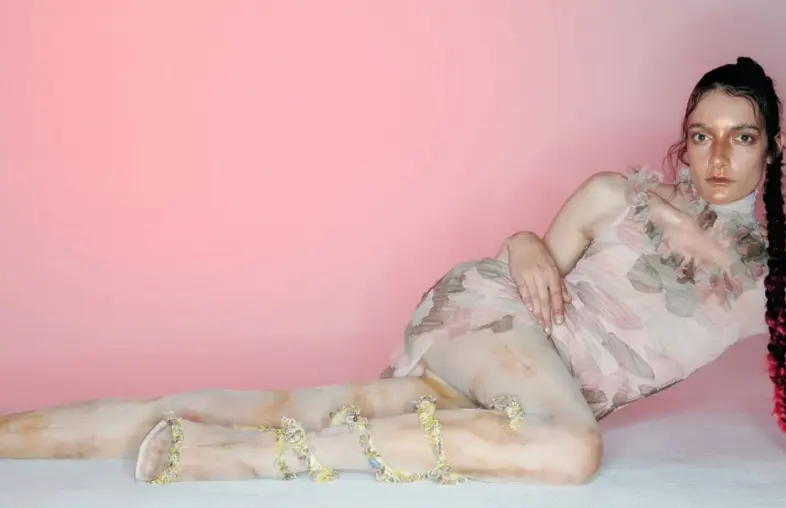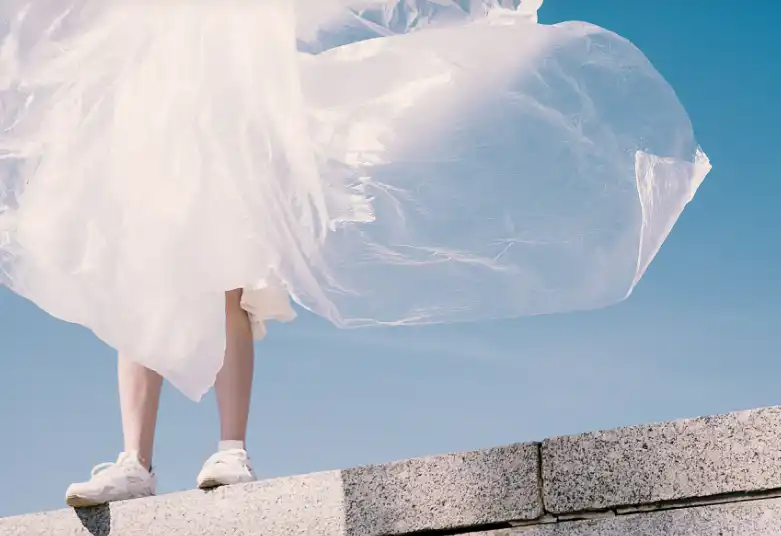When it comes to sustainable fashion, it is important to remember that only a collective mindset and effort can make a change, especially when it is about, literally, saving the planet. If a change starts with a collective effort — sustainability starts with a community, and at FXLB we embrace our role as a community guide through innovative sustainable practices, helping our audience to learn the difference between effective and just image-focused. Our brand proudly partners with organizations that support sustainable development and carry out innovative initiatives directed towards safer progress in fashion. Would like to know more about projects that really make a difference? We’ll take you on a tour through the missions of our 3 trusted partners: D.O.B., The Canvas and Sustainable Brand Platform, that define game-changing ideas in the field of sustainable growth.
D.O.B.: We started with the idea that the principles we personally believe in should be at the very center of the business we were building. So we decided early on to put Purpose over Profit. If profit is number one there is no room for anything else, but if purpose is your number one there is plenty of room to still run a profitable business. Then we aligned on the three values & principles that we believe should be front and center; environmental sustainability, social inclusion & equality, and responsibility & investment into local communities.
Noah: My dad’s side of the family was 1st generation from Russia who came through Ellis Island and settled in Williamsburg, Brooklyn. I was born in San Francisco, CA and grew up in both SF & NY. Ne York is a city I consider home, and it’s a city that took my family in and afforded them the opportunity to create a better life. It’s a thriving, vibrant city filled with amazing diverse people, creativity and experiences. It’s a place where we often meet and discover new brands and collaborate and co-create with partners, and D.O.B. offers the platform and stage to then share and amplify their amazing work and larger environmental and social contributions with a larger audience.
Wes: My parents immigrated to California from the Philippines in the late 60s. My parents sacrificed their lives to give me and my sisters the opportunity to live a better life in the US. Being a minority I have experienced some discrimination but I was fortunate to grow up in the San Francisco Bay Area where the community was very progressive so what I faced was minimal compared to what others had to go through. Growing up in the Bay Area, inclusion and diversity have always been a key element of my values set so when we started D.O.B. I knew it had to be part of our purpose.
D.O.B.: We know the issues that we are dealing with today seem insurmountable (like climate change) but we believe that if each of us can focus on changing even just one thing in our lives the aggregate effect can be significant. If you want to help drive meaningful change, we encourage you to vote with your dollar and only shop brands that align with your values. When you shop at D.O.B, you support our brand partners, who in turn do more great things for people and the planet. Together, we can achieve so much more than we ever thought was possible.
The Canvas: The Canvas’ main mission is to transform vacant spaces into marketplaces in support of the rise of independent fashion brands. Utilizing the immense number of vacant spaces around the world, we want to enable any brand, no matter where they are located and how large their team is, to have access to physical retail space. What happens after that revolves around community building through programming, events and activations. A number of projects we have coming up will go beyond fashion and touch on technologies such as blockchain, but we enter these areas in the interest of supporting our original mission.
The Canvas: At the moment, we host over 130 brands from more than 40 countries. We are excited to receive new applications every day, however we’ve worked hard to make our application process and review more rigorous to ensure we are meeting the expectations and standards of customers who have trusted us with finding truly ethical brands that consider the impact of their work every step of the way. The most important part of the application is not necessarily what a brand is doing right and very well. It is what they know they could be better in, and how well they are able to speak to it, that give us the insight into their commitment to growing in the areas they are weakest. We want people who walk into The Canvas’ locations to know that the brands we carry are doing everything they can, with the resources they have, to protect people and planet in the way they design and distribute their products.
SBP: This is a very interesting question. Luxury brands can usually rely on a very structured supply chain that is normally based in the EU and in particular in Italy. This allows these brands to have usually a good starting point due to the “quality” of the suppliers and their attention to innovation in all topics, from product to company organization. Moreover, luxury brands can use the strength of the luxury supply chain in their communication activity. Their challenge is to mix the values of tradition and heritage with the values of sustainability and innovation. About your second question what I see it is more the difference between established brands and new brands. Established brands need to change the approach they have created in their history. They have to start from their corporate values and adapt them to a new philosophy and way of doing business. On the other hand, new brands starting from scratch can base their choice from the beginning on a more sustainable approach. Their challenge is more to invest in sustainable actions and in the meantime be sustainable in economic terms.
SBP: I think traceability and transparency in fashion is something very important for a brand to be sustainable.
Digital technology must help designers and brands face their biggest challenge in the coming years: combining design with a sustainable approach. In terms of transparency, we just launched as Sustainable Brand Platform a call to action on UNECE platform (the United Nations Economic Commission for Europe) to help brands to cooperate with their suppliers in order to share info about the development and production process. In this project, the blockchain helps us to keep track of all this information. This technology ensures that no one can change and modify the data we have received from brands and suppliers, but in the meantime, it allows us to properly edit and update the data as required in all R&D activities. The idea is that there is no end goal to achieve, only intermediate goals to improve all your performance.
SBP: A sustainable approach is something that starts with the company’s values. It is essential that the whole team is sensitive to improving its performance in terms of sustainable actions. For emerging brands what I would suggest is to focus their creativity on circular design. It is essential that collections are designed from the ground up around reuse, recycling and zero waste of materials. Circularity should be considered as the ‘mantra’ for all emerging designers and brands. However, social issues are also very relevant in terms of sustainability, which is why it is very important that the company’s values are clear and geared towards sustainable goals in order to have a positive social impact for all the brand’s stakeholders (starting with employees, customers and suppliers).


